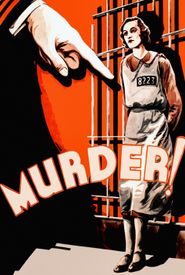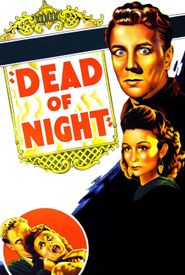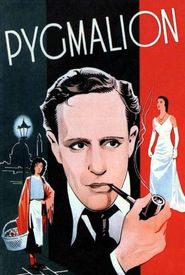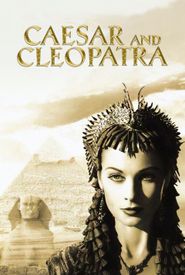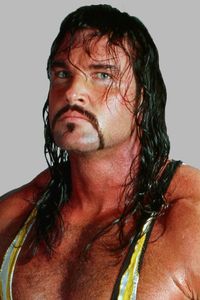Esmé Saville Percy, a renowned thespian of the English stage, was born in London to a family of French ancestry. He pursued his passion for acting under the tutelage of the legendary Sarah Bernhardt and at the prestigious Brussels Conservatoire, making his theatrical debut in 1904. As a young man, he was renowned for his striking good looks.
As Percy's career progressed, he established himself as a leading interpreter of roles in plays by George Bernard Shaw, a reputation that began as early as March 1928, when he appeared in a radio production of "Man of Destiny" as Napoleon Bonaparte. In 1913, he founded a touring company, specializing in Shavian plays. At the conclusion of World War I, he ran a theatre in Cologne, entertaining British troops as Professor Henry Higgins in "Pygmalion," co-starring alongside Mrs. Patrick Campbell.
By the 1920s, Percy's physical appearance had undergone significant changes. He had become rather plump, his nose broken in an accident, and he had lost an eye in a playful mishap involving a Great Dane. The resulting glassy eye often proved disconcerting to his fellow cast members, particularly during a 1949 performance of "The Lady's Not for Burning," when it popped out and rolled across the floor. He wore an eye patch during subsequent performances.
No longer a star, Percy transitioned to films in 1930 as a character actor, specializing in period dramas, often portraying indeterminate ethnic types. He was particularly effective as Count Aristide Karpathy in Pygmalion (1938),a role written specifically for him by Shaw himself. Other notable historical figures in Percy's repertoire included Samuel Pepys in Nell Gwyn (1934),Lloyd George in Regal Cavalcade (1935),and Napoleon Bonaparte in Invitation to the Waltz (1935). He also appeared in Murder! (1930),an early Alfred Hitchcock film, as well as Spy 77 (1933),an espionage thriller, for which his supporting role was described by the New York Times as "an excellently drawn characterisation" (February 10, 1936).
Percy made several television appearances during the final years of his life, including a reprisal of his comedic role as Matthew Skipps in "The Lady's Not for Burning" for the BBC, and acted with the English Stage Company at the Royal Court Theatre. He passed away in June 1957 at the age of 69.

